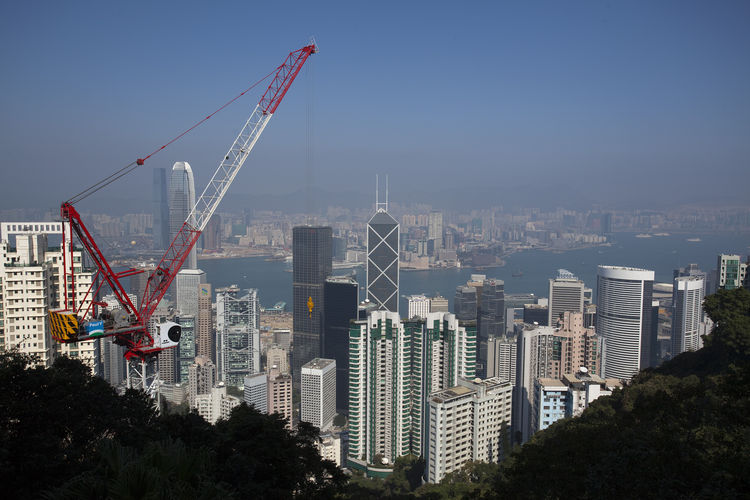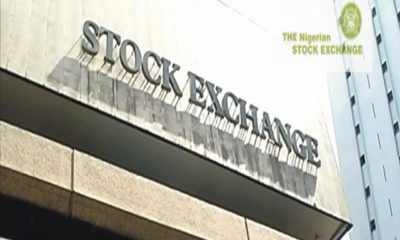- Clear FG’s Indebtedness to Contractors, NSE Tells Buhari
The Nigerian Society of Engineers has stated that one of the ways for President Muhammadu Buhari to succeed in lifting millions of Nigerians out of poverty is for him to start by paying the outstanding debts of the Federal Government to contractors in the construction industry.
It also called on state and local governments to settle their debts to contractors in order to help ameliorate the devastating poverty ravaging Nigeria currently.
The President, NSE, Adekunle Mokuolu, disclosed this in Abuja during an event organised for the conferment of Fellowship on 40 engineers of the society.
He also called on Buhari to quickly expand the economic opportunities for citizens in Nigeria, adding that the call was against the backdrop of the severe poverty among Nigerians.
Mokuolu said, “President Buhari had declared in his speech at the inaugural Democracy Day ceremony on June 12, 2019, that with leadership and sense of purpose, the Federal Government can lift 100 million Nigerians out of poverty in 10 years.
“We believe him. We strongly hold the view that the most potentially devastating insurgence that government needs to fight is the insurgence of poverty and hunger. Nigeria was described as having the highest number of extremely poor people in the world in two reports released in 2018 by the Brooklyn Institution and World Poverty Clock.”
He added, “To us, a good point to start the business of lifting Nigerians out of poverty is for government at all levels to make it a matter of priority to liquidate all outstanding domestic debts owed to indigenous contractors across the country, especially in the construction industry.”
In another development, the NSE cautioned governments on the use of foreign engineers to execute construction jobs in the country.
Mokuolu, during the investiture of Mr Aniebiet Udoh as the Chairman of NSE, Eket branch, and the 2019 Engineering Week, said jobs handled by foreign engineers in the country could be judiciously executed by Nigerians.
Speaking on the theme, ‘Innovative and reverse engineering: The imperative of institutional synergy for sustainable development,’ Mokuolu said Nigerian engineers were intellectually and ethically capable of delivering on any engineering challenges facing the country.
He described the preference for foreign engineers over domestic ones as capital flight, adding that the presence of many foreign engineers practicing their trade all across the country was not due to the lack of capable Nigerian engineers.
Udoh said a great proportion of Nigeria’s problems could be solved by proper application of the right technology.

 Forex3 weeks ago
Forex3 weeks ago


 Naira2 weeks ago
Naira2 weeks ago
 Billionaire Watch2 weeks ago
Billionaire Watch2 weeks ago




 Naira2 weeks ago
Naira2 weeks ago




 Naira2 weeks ago
Naira2 weeks ago




 Naira1 week ago
Naira1 week ago




 Naira4 weeks ago
Naira4 weeks ago




 Naira3 weeks ago
Naira3 weeks ago




















